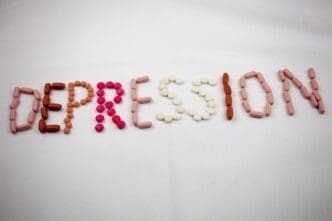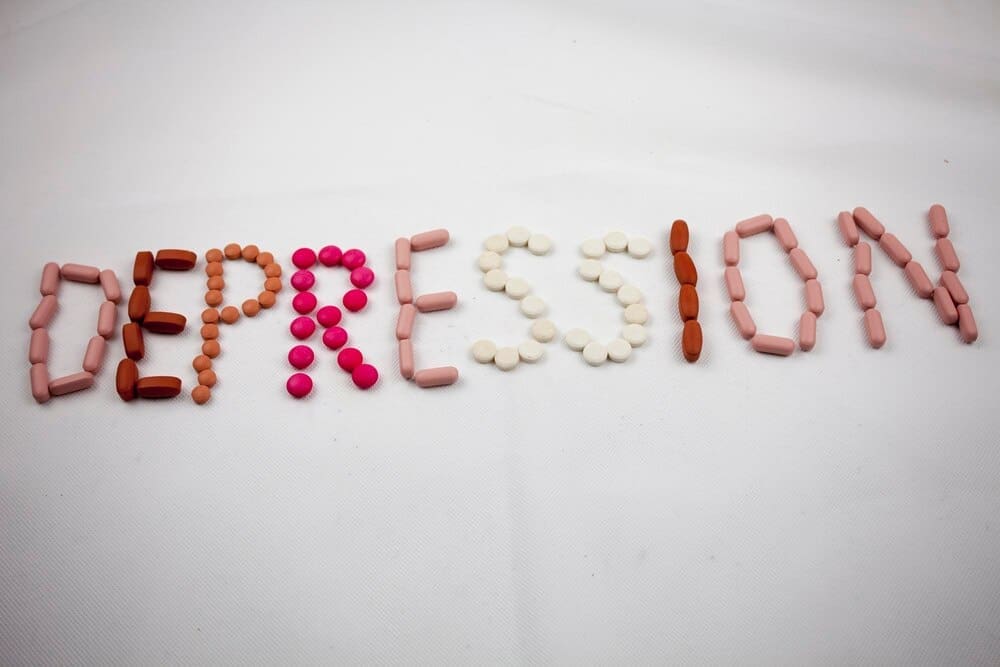In an era of relentless connectivity and high-pressure work environments, the act of taking a day off specifically for one’s psychological well-being is increasingly recognized not as a sign of weakness, but as a crucial act of self-preservation. A mental health day is a planned break from work or other obligations, used by an individual feeling overwhelmed, to rest, recharge, and prevent the escalation of stress into more severe conditions like burnout or chronic anxiety. This proactive approach to wellness is a strategic tool for maintaining long-term productivity, emotional stability, and overall health, challenging an outdated cultural narrative that equates constant work with strength.
Understanding Burnout and Chronic Stress
To grasp the necessity of a mental health day, it is essential to first understand what it is designed to combat: burnout and chronic stress. Burnout is not simply feeling tired; the World Health Organization defines it as an occupational phenomenon resulting from chronic workplace stress that has not been successfully managed. It is characterized by three primary dimensions: feelings of energy depletion or exhaustion, increased mental distance from one’s job or feelings of negativism or cynicism related to it, and a sense of ineffectiveness and lack of accomplishment.
This state of exhaustion is fueled by chronic stress, a prolonged and constant feeling of being under pressure. When we face a threat, our body’s sympathetic nervous system activates a “fight-or-flight” response, releasing hormones like adrenaline and cortisol. While useful for short-term emergencies, modern life often keeps this system switched on, leading to a state of chronic activation that can be deeply damaging to both mind and body.
The constant elevation of cortisol dysregulates nearly every system in the body. It can disrupt sleep, impair digestion, weaken the immune system, and increase blood pressure and inflammation, raising the risk for serious physical conditions like heart disease and diabetes. Mentally, it fogs our thinking, shortens our temper, and chips away at our emotional resilience.
The Science Behind a Day of Rest
Taking a mental health day is not an indulgence; it is a biological necessity. The benefits are grounded in neuroscience and physiology, offering a tangible reset for a system pushed to its limits.
Resetting the Nervous System
Our autonomic nervous system has two main branches: the sympathetic (“fight-or-flight”) and the parasympathetic (“rest-and-digest”). Chronic stress leaves us stuck in a sympathetic-dominant state, constantly on high alert. A mental health day provides the time and space to intentionally activate the parasympathetic nervous system, which calms the body and promotes recovery.
Activities like deep breathing, meditation, spending time in nature, or even just quiet relaxation can signal to the brain that the threat has passed. This allows heart rate and blood pressure to lower, digestion to normalize, and the body to begin repairing itself. It is an essential physiological shift from a state of survival to a state of restoration.
Cognitive Benefits of Downtime
An overworked brain struggles with focus, creativity, and problem-solving. When we are constantly engaged in goal-oriented tasks, the parts of our brain responsible for executive function, like the prefrontal cortex, become fatigued. A day of unstructured rest allows the brain to switch into a different state, often called the “default mode network” (DMN).
The DMN is active when our minds are wandering or daydreaming. Far from being “off,” the brain during this time is incredibly active, consolidating memories, processing emotions, and making novel connections between ideas. This is why a breakthrough idea often comes during a shower or a walk—the brain was given the space to do its vital background work. A mental health day is a direct investment in this cognitive process, restoring clarity and fostering innovation.
Emotional Regulation
When you are exhausted and stressed, do you find yourself more irritable or emotionally reactive? There is a neurological reason for this. The amygdala, the brain’s emotional alarm center, becomes hyperactive under stress, while the prefrontal cortex, which is responsible for rational thought and impulse control, becomes less effective.
This imbalance makes it harder to manage emotional responses. A day of rest helps restore this crucial balance. By reducing the cortisol load and allowing the prefrontal cortex to recover, we regain our capacity for thoughtful responses rather than knee-jerk reactions, improving our interactions with colleagues, family, and friends.
Shifting Cultural Perceptions: From Weakness to Wisdom
For decades, a “hustle culture” has promoted the idea that pushing through exhaustion is a badge of honor. Admitting a need for a mental break was often stigmatized, viewed as a lack of commitment or an inability to handle pressure. Thankfully, this perception is beginning to shift, driven by a greater understanding of mental health and a new generation entering the workforce.
The most effective way to reframe the mental health day is to compare it to a physical sick day. No one would question an employee staying home to recover from the flu, as it is understood that working while ill is counterproductive and could worsen the condition. The same logic applies to our mental health; forcing a burnt-out mind to perform complex tasks leads to poor work quality, mistakes, and prolongs the recovery period.
This shift is also championed by those in high-performance fields. Elite athletes have long known that recovery days are just as important as training days for achieving peak performance. Similarly, successful executives and entrepreneurs are increasingly speaking out about the importance of downtime, meditation, and disconnecting to maintain their edge. This reframes rest not as laziness, but as a core strategy for sustainable success.
How to Take an Effective Mental Health Day
Simply not going to work is not enough to guarantee a restorative experience. An effective mental health day is intentional. It requires planning and a commitment to activities that genuinely recharge you, rather than just distract you.
Planning and Communication
First, know your company’s policy regarding sick leave or personal days. Many organizations are becoming more explicit about allowing leave to be used for mental health. When communicating with your manager, you do not need to disclose extensive personal details. A simple and professional message, such as, “I will be taking a sick day today to focus on my health,” is sufficient and appropriate.
What to Do (and What Not to Do)
The goal of the day is to reduce stress, not add to it. Avoid the temptation to fill the day with errands, stressful appointments, or catching up on household chores. It is also wise to limit exposure to digital stressors, such as endlessly scrolling through social media or checking work emails.
Instead, focus on activities that are truly restorative for you. This could mean sleeping in, going for a long walk in a park, engaging in a creative hobby like painting or playing music, or connecting with a supportive friend or family member. Gentle exercise, mindfulness practices, or even watching a comforting movie can be profoundly beneficial. The key is to choose activities that leave you feeling calmer and more centered.
Recognizing the Signs You Need One
The most effective use of a mental health day is as a preventative measure, not a last resort. Learn to recognize the early warning signs that you are approaching your limit. These can include persistent irritability, a feeling of dread about work, difficulty concentrating or making decisions, a growing sense of cynicism, or physical symptoms like chronic headaches, stomach problems, and fatigue that sleep does not seem to fix.
The Bigger Picture: Proactive Wellness vs. Reactive Crisis Management
Ultimately, embracing the mental health day represents a fundamental shift from a reactive to a proactive model of wellness. Waiting until you are in a state of severe burnout, experiencing a panic attack, or falling into a depressive episode is akin to waiting for a heart attack to start thinking about cardiovascular health. It is far more effective, and far less painful, to engage in regular, preventative care.
Mental health days are a vital component of this proactive toolkit. They are a strategic pause that allows our biological systems to reset and our cognitive resources to replenish. Viewing them as anything less is a misunderstanding of the intricate connection between our mental, emotional, and physical states.
In conclusion, taking a day to care for your mental health is an act of wisdom and strength. It is an evidence-based strategy for managing the inevitable stresses of modern life, preventing the debilitating effects of burnout, and ensuring long-term well-being and performance. As our society continues to shed the stigma surrounding mental health, we recognize that true resilience is not about enduring endless strain, but about having the insight to know when to rest, recover, and return stronger.












